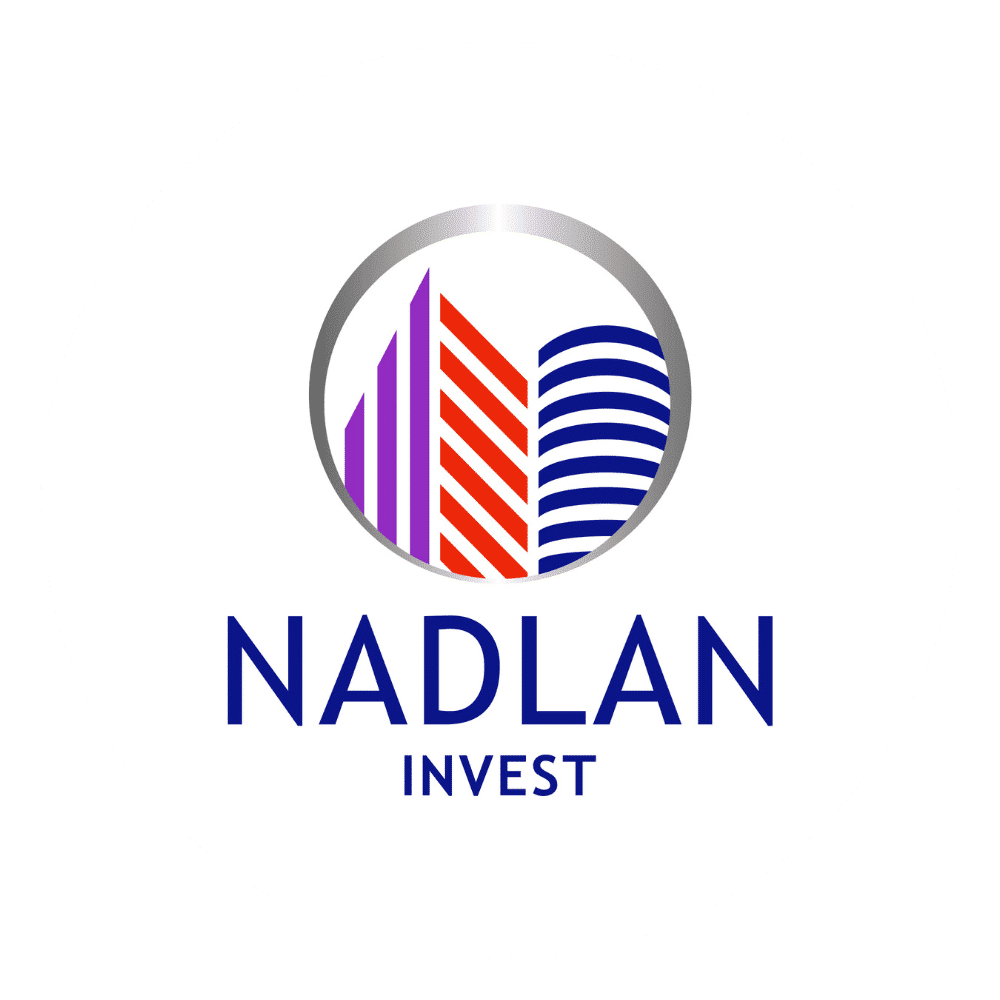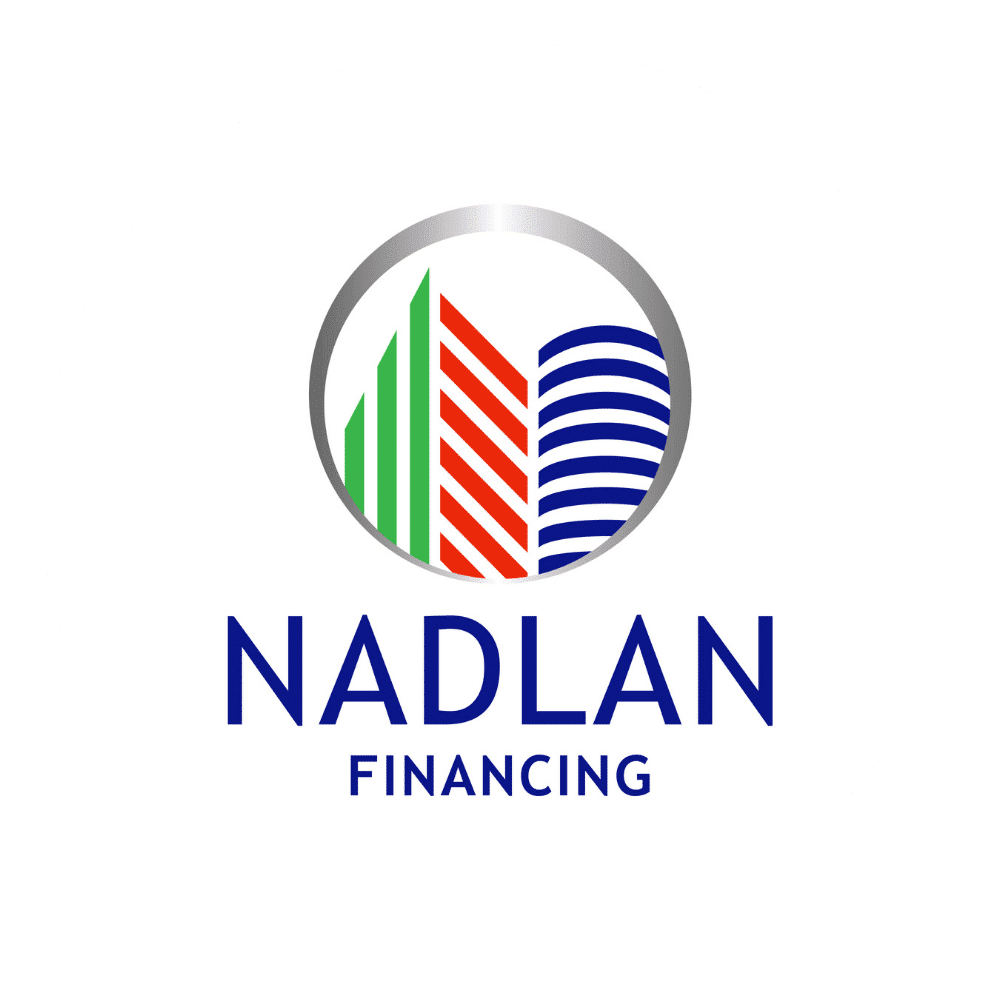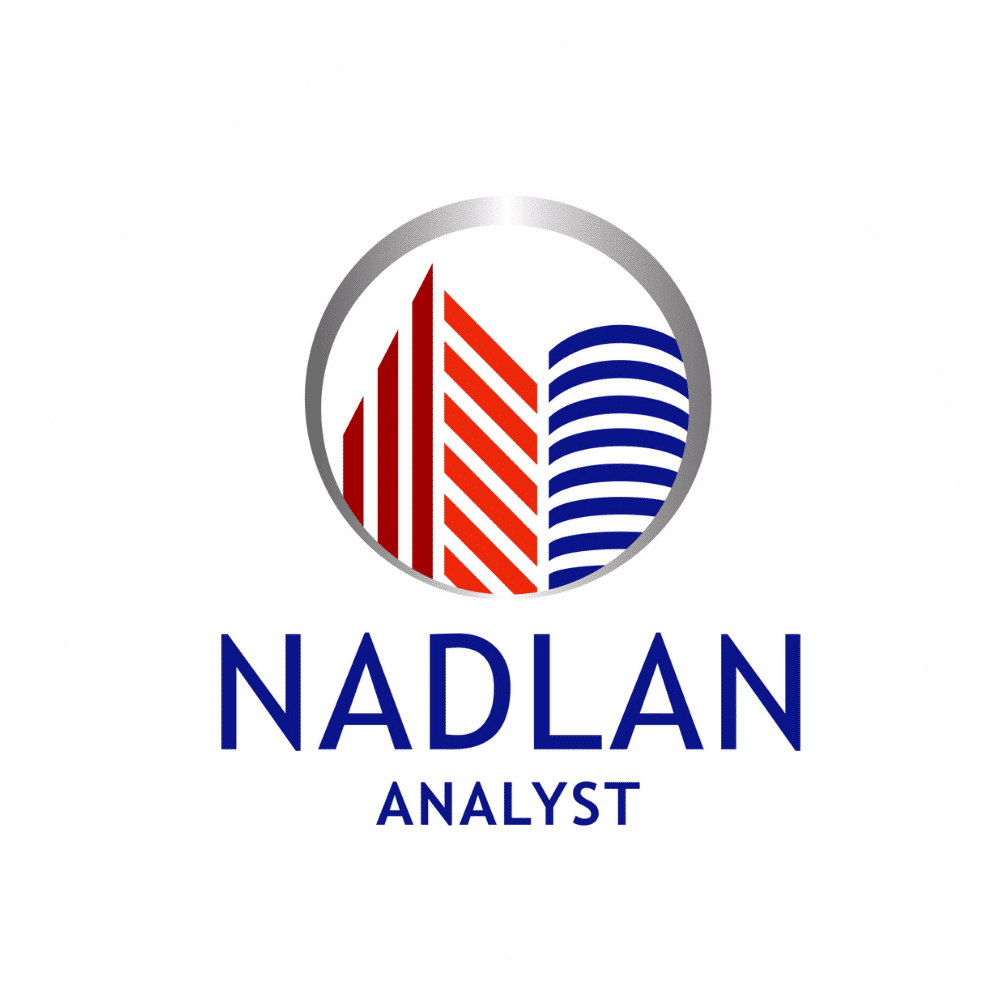The US is facing a 'very unhealthy housing market', says this real estate expert. Here's why and what to do about it

Is the housing market officially on ice? Or moving quickly towards a deep freeze? While there may be no formal truth to a real estate recession, make no mistake - skyrocketing mortgage rates and dwindling supply are sending chills through this vital sector of the US economy.
When mortgage rates exceeded 6% in 2022, the country experienced a historic decline in home sales. Now, with rates holding steady in the 7% range, real estate analyst Logan Mohtashami of HousingWire warns that 8% isn't far behind — a potential barring rate that would fuel a "very unhealthy" market for buyers and sellers alike.
So how did we get here – especially in an otherwise strong economy – and how can you navigate an incredibly complicated and potentially expensive real estate market?
Why is the housing market struggling?
The US housing market has been riding a roller coaster for years. Mohtashami's description of the market may seem harsh, but it aptly highlights the core conditions facing both buyer and seller:
חand unbalance supply and demand. There simply aren't enough homes available to meet the demand from potential buyers. The shortage is driving up prices, making it increasingly difficult for first-time buyers and upgraders to purchase a home. Mohtashami says rising rates only make matters worse because they trap buyers and sellers in a "waiting game." For buyers, the challenge is clear: higher prices and rates equate to higher monthly mortgage payments.
Remember, though, that higher prices are great for sellers—that is, until they become buyers, too. And this factor keeps many side sellers and low inventory.
Benand lack of manpower. The construction industry is facing the double whammy of rising material costs and a shortage of skilled builders and subcontractors. This led to delays in home construction and renovations, further limiting the supply of new buildings and old homes.
Rising house prices. Home prices have soared, outpacing wage growth for many Americans even in a hot job market. This presents major obstacles for individuals and families trying to save for a down payment. Even those with lots of savings and excellent credit scores will find themselves facing high rates – when just a year ago they might have gotten a much lower rate.
מConduct competition and bids. Limited housing supply forces buyers into bidding wars, which drive up prices, frustrate losing bidders and scare others out of the home sales market.
what can you do about it
Even with all of this working against them, prospective buyers have options to optimize their purchasing power.
Be realistic. If you're in the market to buy, set reasonable expectations regarding location, size and how much you can really afford. Beyond what every lender says you are entitled to, understand that you may not find your dream home in your desired price range. Prioritize your needs and be prepared to compromise.
קNo prior approval. Getting pre-approved for a mortgage gives you an advantage in a hot market. Sellers are more likely to take your offer seriously once you have it because it shows that you are a committed and qualified buyer. Your pre-approval letter will also help you better understand your financial limits.
בCheck for down payment assistance. Check out down payment assistance programs that may be available in your area. These programs can help first-time buyers bridge the gap if their savings fall short of the required down payment through cash grants, low-interest loans and tax incentives for eligible buyers. You might have to do some research and paperwork, but a $25,000 grant to complete an application is still a pretty sweet deal.
הFocus on financial health. While home ownership affordability faces an uncertain future, focusing on your current financial health by paying down debt and increasing your savings can put you in a better position financially and mentally. Once the market recovers in your favor, you will be in a more stable place to begin your home ownership journey.
הConsult with professionals. Real estate agents, financial advisors and mortgage brokers can provide valuable insights tailored to your specific situation. There are programs that offer free financial advice, so even if you're strapped for cash, don't be afraid to seek out experts and ask for help. These include the Financial Planning Association (FPA), which provides pro bono financial planning to disadvantaged communities through volunteer advisors.








































Responses